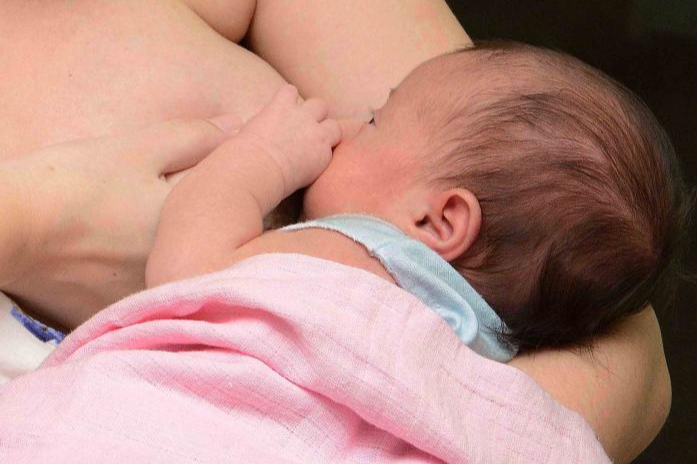The infant mortality rate so far this year is 7.4 per 1,000 live births, which represents a decrease in this indicator compared to the same period last year, reported Dr. Catherine Chibás Pérez, national director of the Maternal and Infant Program (PAMI) of the Ministry of Public Health (MINSAP).
Speaking to the Health and Sports Commission of the Cuban Parliament during its latest working session, she emphasized that although this result is encouraging, it should not lead to complacency, but rather a reason to continue working better every day.
Chibás Pérez said that as of July 11, there were more than 34,600 live births in the country, more than 8,000 fewer than in the same period last year, which represents a significant drop in the birth rate, a drop that has a direct impact on the country’s demographic dynamics.
She pointed out that this is a result that must be maintained and improved, but that it requires an intersectoral effort, which implies addressing in a comprehensive manner factors such as anemia, maternal malnutrition and infections during pregnancy, which have an impact on the increase in low birth weight.
The National Director of Maternal and Infant Program said that the maternal mortality rate has also decreased, but warned of the need for vigilance and specific work in cases of ectopic pregnancy, complications of eclampsia and pre-eclampsia, and puerperal infections.
In this regard, Rita María García Almaguer, director of operations of the BioCubaFarma Business Group, said that the industry has developed a policy focused on reversing the shortage of medicines for Maternal and Infant Program.


